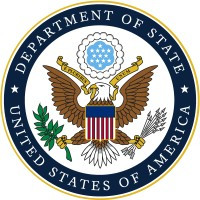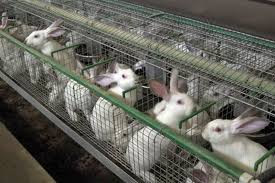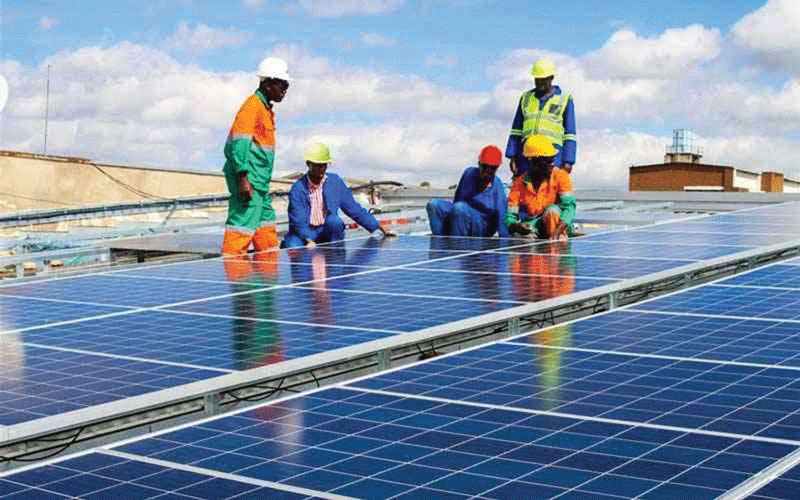
THE United States says Zimbabwe has made progress in improving the business environment, but policy inconsistency and weak institutions continue to frustrate businesses.
Over the years, local businesses have complained about bottlenecks in operating in the local market which include high utility costs, heavy taxation, fuel price increases, erratic power supplies and increasing regulatory demands.
According to the Zimbabwe National Statistics (ZimStat), the overall balance of opinion with respect to general business climate in the manufacturing sector was -8,9 percentage points down from 2023’s fourth quarter value of 4,2 percentage points.
The United States’ Bureau of Economic and Business Affairs noted that more needs to be done to improve the country’s investment attractiveness.
“The government has made gradual progress in improving the business environment by reducing regulatory costs, but policy inconsistency and weak institutions have continued to frustrate businesses,” the bureau said.
“Historically, the government has committed to protect property rights, but has also expropriated land without compensation.”
The country adopted an “open for business” policy in 2018 to attract more foreign direct investment (FDI) and in 2020 removed the requirement for majority indigenous Zimbabwean ownership in a bid to bring in new technologies, generate employment and promote value-added manufacturing.
The Zimbabwe Investment and Development Agency serves as a one-stop-shop to promote and facilitate both domestic and foreign investment in Zimbabwe.
- Education crisis mirrors national problem
- USD fees: Govt policy failure hurting parents
- Zim has 2nd highest rising food prices: WB
- US raises red flag on abuse of journos in Zim
Keep Reading
Zimbabwe’s incentives to attract FDI include tax breaks for new investment and for capital expenditures on new factories, machinery and improvements.
The bureau added that corruption remained rife and that there was little protection of property rights, particularly with respect to agricultural land.
ZimStat noted that during the first quarter, 36% of the manufacturing sector viewed production levels as having remained unchanged while only 13,3% believed the levels had increased.
“Zimbabwe is endowed with large economic development potential, but it remains a challenging business environment. Its bountiful wildlife, agricultural opportunities, natural landscapes, skilled labour and high literacy rate collectively present opportunities for US investors,” the bureau said.
“Sectors that attract the most investor interest include mining, agriculture [tobacco in particular], energy, and tourism. Zimbabwe is home to some of the world’s largest critical and rare earth mineral reserves. The country has Africa’s largest lithium reserves and has attracted over US$1 billion investment mostly from Chinese mining conglomerates.”
The bureau said that Zimbabwe’s agriculture sector suffered from the El Niño phenomenon in the 2023/24 season, associated with lower-than-average rainfalls, which significantly depressed food and animal production.
“Although the country has one of the highest levels of water development for irrigation in the Southern African region, most of its irrigation potential is not realised, owing to the government's lack of investment in irrigation systems and inadequate maintenance of installed irrigation schemes,” the bureau added.
Zimbabwe faces dire power shortages characterised by rolling blackouts. While the government commissioned an additional 600MW at the Hwange power station in 2023, installed capacity is still insufficient to meet demand.











